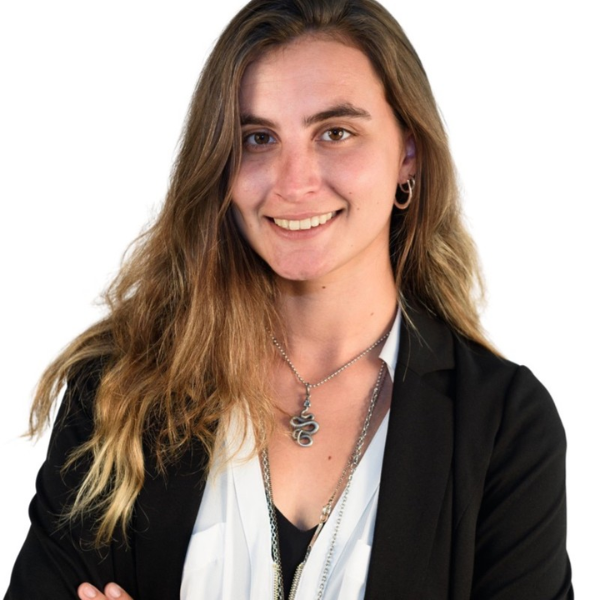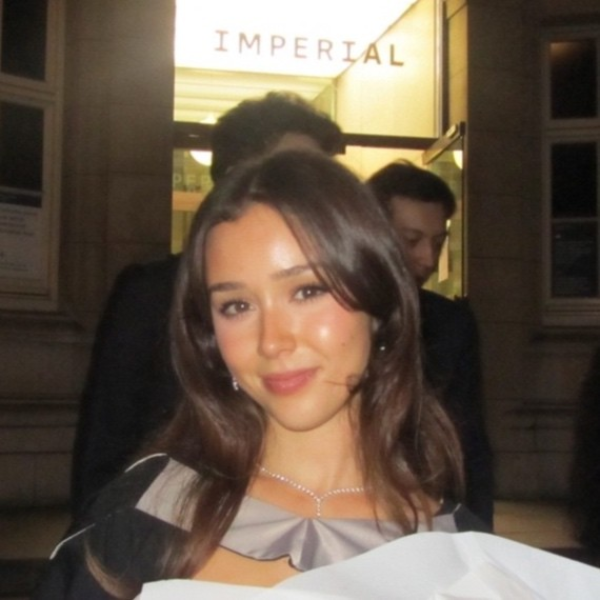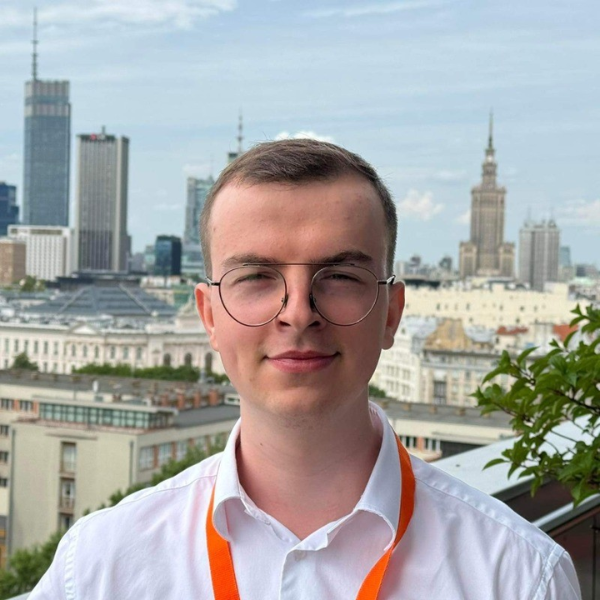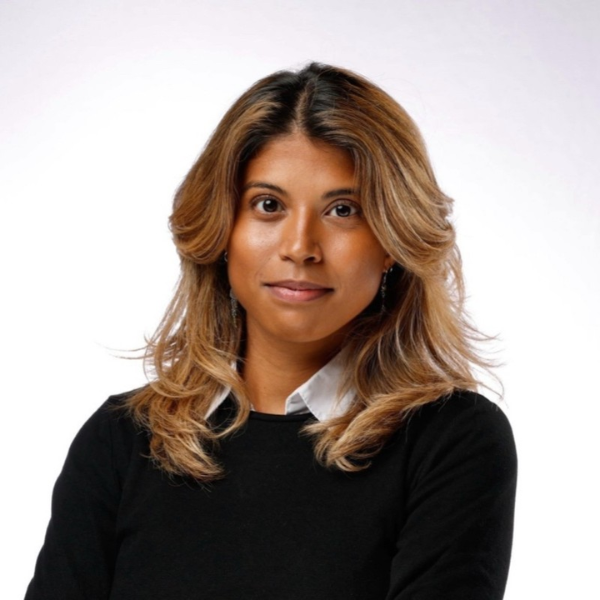This cultural adaptability has been one of my strongest assets, and I didn’t fully appreciate it until I entered the workforce.
Chloe Boudin

Can you tell us about yourself?
My name is Chloe Boudin, and I’m French-American. I grew up in France for 14 years before moving to the United States, where I studied marketing and film at Florida State University.
After graduation, I spent three years in an independent video game company, starting as a coder, then moving into digital art, and eventually project management. I joined the INSEAD MIM to strengthen my business skills, and after graduating, I interned with Ubisoft in Paris before moving to North Carolina, where I now work as a Brand Manager.
Outside of work, I’ve been passionate about video games since I was four years old, so being in this industry feels like a passion job within a corporate environment.
Why did you choose the INSEAD MIM?
Two reasons: the international aspect and the career focus.
I grew up between two continents, so I wanted a programme that reflected my international identity. Spending six months in France close to family, and six months in Singapore exploring Asia, felt perfect.
Career-wise, I valued that most students came in with some professional experience. Having already spent three years in the industry, it was important for me to be surrounded by classmates who not only had strong academic ambitions but also practical insights from the workplace.
Any memorable moments from your MIM year?
Definitely the people. I met some incredible classmates, like Francesca Morricelli, who is deeply entrepreneurial, and Elisey Gusev, a senior data and machine learning engineer at only 26. Their drive and ambition pushed me to raise my own standards.
I also led the ski trip and the yearbook project. It wasn’t my first time managing a project, but it was the first time leading teams of people who were just as motivated as I was. That changed my perspective: I realised how important it is to surround yourself with equally driven people. It felt like everyone was pushing toward the same mission with the same passion.
How was the programme transformative for you?
INSEAD gave me confidence. Before the programme, working at Ubisoft felt like a dream. After INSEAD, it felt attainable.
Through coursework, presentations, and constant collaboration, I learned to present myself better and believe that I could succeed. The biggest transformation was conviction: if I’d made it this far, I could go further.
How did you work with the Career Development Centre (CDC)?
I didn’t use all the standard resources, since video games are a niche industry for INSEAD. But the CDC still made a big impact. They helped me polish my CV, and I still use their approach today when advising friends.
My coach, Emmanuelle Lansari, was amazing. She took my case personally, helped me reach out to contacts in gaming, and never tried to push me toward more “common” paths like consulting. That support was invaluable — I felt heard and encouraged to pursue exactly what I wanted.
Any specific advice from the CDC that stuck with you?
Yes: don’t just sell who you are today — sell the story of who you can become.
That mindset helped in interviews. Instead of pretending to know everything, I learned to say, “I’m not an expert yet, but here’s how I’d approach learning it.” Employers don’t want someone who already knows everything; they want someone who can learn. That advice helped me stand out and gave me the confidence to be authentic.
How did you land your Ubisoft internship?
It’s a funny story. I applied to a position through LinkedIn, got invited to interview, but forgot to reply because I was moving to Singapore. Weeks later, while showing my mom rejection emails, she pointed out, “Chloe, that’s not a rejection, that’s an invitation!”
By then, the role was filled. But I reached back out to the recruiter, sent her another posting, and asked if I could apply. She agreed, and I went through Ubisoft’s marketing days assessment centre. I didn’t get the first role, but they called me back later for two other teams, and eventually offered me the internship.
It taught me that persistence matters, and sometimes a missed opportunity can still lead to the right one.
What’s it like now working as a Brand Manager in the US?
I’m still with Ubisoft, in the same team, but with much more autonomy now that I’m full-time. The biggest difference is the environment: Paris headquarters had 3,000 employees; my office in North Carolina has around 100. I actually prefer the smaller office as it feels more personal.
Do you apply skills from INSEAD in your role?
Every day. My job is global, so I work with hubs across different continents. INSEAD prepared me to adapt to cultural differences:
- With French colleagues, you build rapport first before diving into work.
- With Americans, the approach is more direct and business-focused.
- With Chinese colleagues, respect and tone are crucial.
This cultural adaptability has been one of my strongest assets, and I didn’t fully appreciate it until I entered the workforce.
What advice would you give to students wanting to work in video games?
First, make sure it’s really what you want, as the industry isn’t known for huge salaries, but for passion.
Second, don’t give up. It’s competitive, but if you keep pushing and telling your story, doors will eventually open. Believe in your dreams, even if they feel far away at first.
If you could go back to the start of your MIM, what would you tell yourself?
Don’t compare yourself to others. Everyone is on their own journey.
You were admitted because of your own strengths and potential. Be tolerant with yourself and with others — everyone is adapting, and the journey is not meant to be easy.




